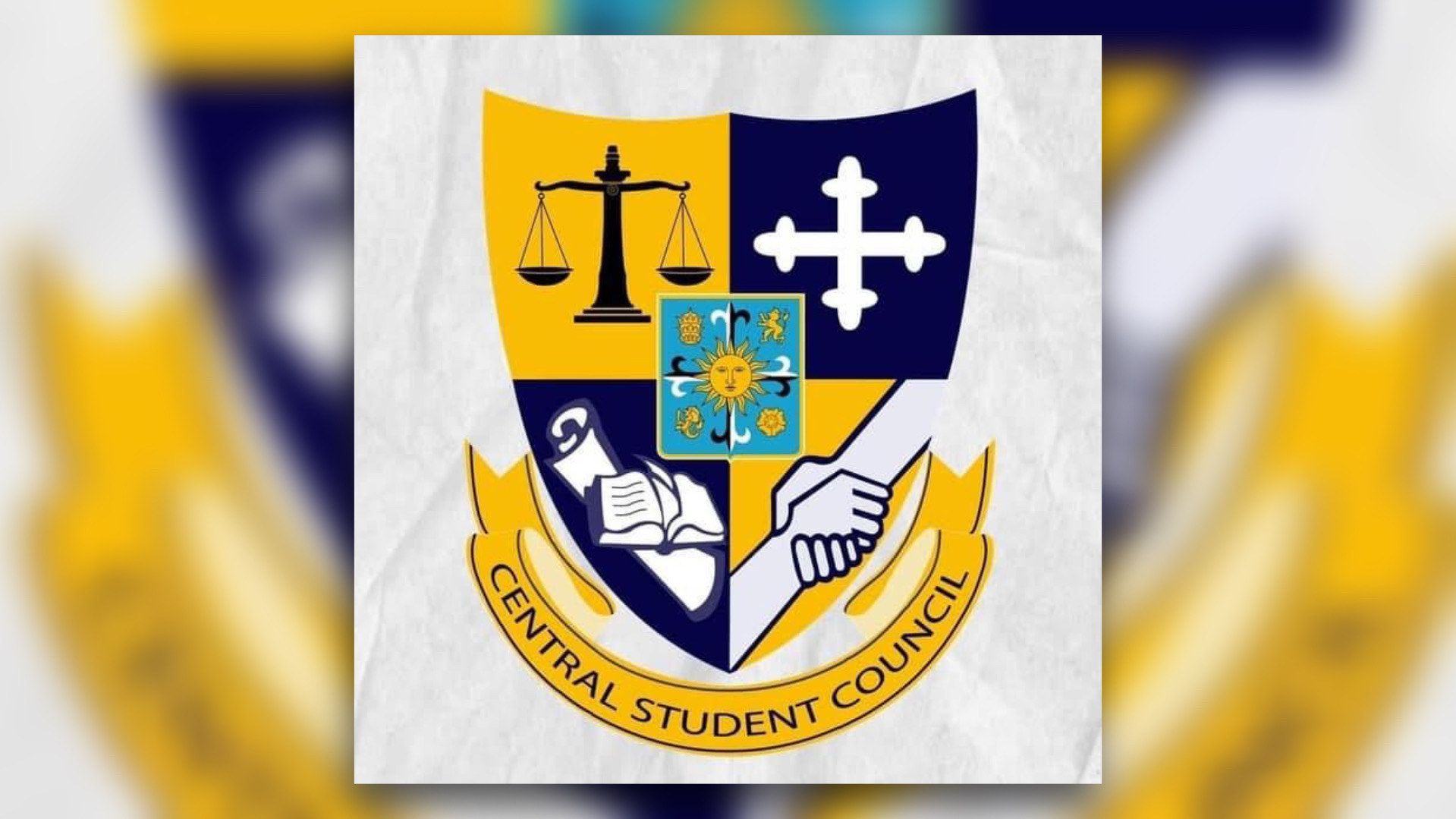
TO IMPROVE their services and make their presence more felt, UST student leaders should focus on improving communication channels, restructuring flawed policies and devising a working grievance system, former and current student council members said.
Former UST Central Student Council president Robert Dominic Gonzales emphasized the importance of collaboration and communication between student councils and the faculty and administration in formulating policies and guidelines amid the pandemic.
“As student leaders, it has always been a day-to-day challenge for us to make our fellow students feel safer and secure, but because of this pandemic, it has become more challenging than ever,” he told the Varsitarian.
“Noting the surges of student concerns during these times, the challenge lies in our acts of constantly voicing out, standing, and fighting for what’s right and best for our fellow students. We are expected to be beacons of hope, confidence, credibility, offering help and catering to those who are in need,” he added.
Artlets Student Council vice president-internal Julliana Flores said student concerns should be addressed by the University in policymaking.
“The University prefers segmented action because there are different cases per academic unit. [H]owever, this is still subject to nuances. If there were a platform for University stakeholders to decide on distance learning matters, the students [should] henceforth be informed and engaged in making University-wide policies and plan of action,” she said.
She added that the processing of papers, accessing University services online, and communicating with administrative offices had been difficult amid the pandemic.
“Representing students’ interests is a huge and heavy responsibility for student leaders and council […] The bureaucratic ‘glass ceiling’ or red tape in the university has been ever-present. While there are some improvements, new forms have emerged,” she told the Varsitarian.
Gonzales said among the significant issues that required strong communication and collaboration between and among student councils, faculty, and administration were student workload, academic health breaks, and revision of some school policies.
He also emphasized the need to check and monitor the health status of students under both distance learning and limited face-to-face setups.
“Access to a stable internet connection and learning devices is a privilege up to this day. Surveys conducted within our respective universities ascertain that not all students, including members of the faculty, have access to such. This challenges the accessibility and effectiveness of online classes that further place students at a disadvantage,” he said.
“Students may find it difficult to devote time, and focus on academic requirements as some of them are currently struggling (physically, mentally, and/or financially) and tending to household preparations during this pandemic. (…) Likewise, teachers may also have trouble addressing each student’s inquiry given the limited resources to do so,” he added.
For Kyle Dana Vergara, former vice president of the The Political Science Forum, student councils and student leaders should focus on “areas most needed by the student body.”
“For example, ‘yung constituency checks, improved grievance system, and streamlined communication between class officers and the administrators, […] especially as we transition to the limited face-to-face classes,” Vergara told the Varsitarian.
Flores cited the problems faced by students with irregular schedules (SWIS) due to the “alienating” tendencies of the pandemic, particularly during enrollment.
“Although committees exist to cater [to] the SWIS, […] there should be an external and University-wide effort for SWIS students. The pandemic is already alienating, and some of our SWIS may feel estranged [from] their own program/faculty. I believe there could still be more efforts to be made to include SWIS, recognize their struggles and aid them,” Flores said.
Change of dynamics during the pandemic
Vergara also stressed the challenge brought by the sudden shift to online classes on student councils, especially in making adjustments in implementing their programs and projects while tending to the queries and needs of students.
“Mayroon talagang challenges na hindi maiiwasan. […] ‘Yung stringent bureaucracy, mahigpit na process sa pag-iimplement ng projects and other activities; ‘yung less participation from the students dahil na rin siguro sa fatigue na dala ng online meetings; and ‘yung limitations na dala mismo ng online setup lalo na sa creativity ng student councils and ng officers on how they will improve ‘yung mga usual types ng seminars, webinars, and such,” Vergara said.
Vergara said these challenges could discourage aspiring student leaders from running in elections, leading to vacancies in student councils.
Aside from the emergence of new challenges, Flores also highlighted how student councils adapted to the distance learning setup during the pandemic.
“The online setting has certainly changed how councils work. In the case of [the Artlets Student Council], we adapted by forming ad hoc committees responsible for broadcasting our events on social media. (…) We [tried] to exhaust all means to inform students, especially during times of calamity and Covid-19 surges. Additionally, we utilized varying platforms for online conferences, file organization, and tracking of progress to situate our goals,” she said.
“I could definitely say that the online setting is both a boon and a bane. […] [T]his circumstance that we’re in has allowed student council officials and staff to be more creative and productive in the sense that working from home helped many to have a life outside work and do the things they can with ease and comfort,” she added.

0 Comments